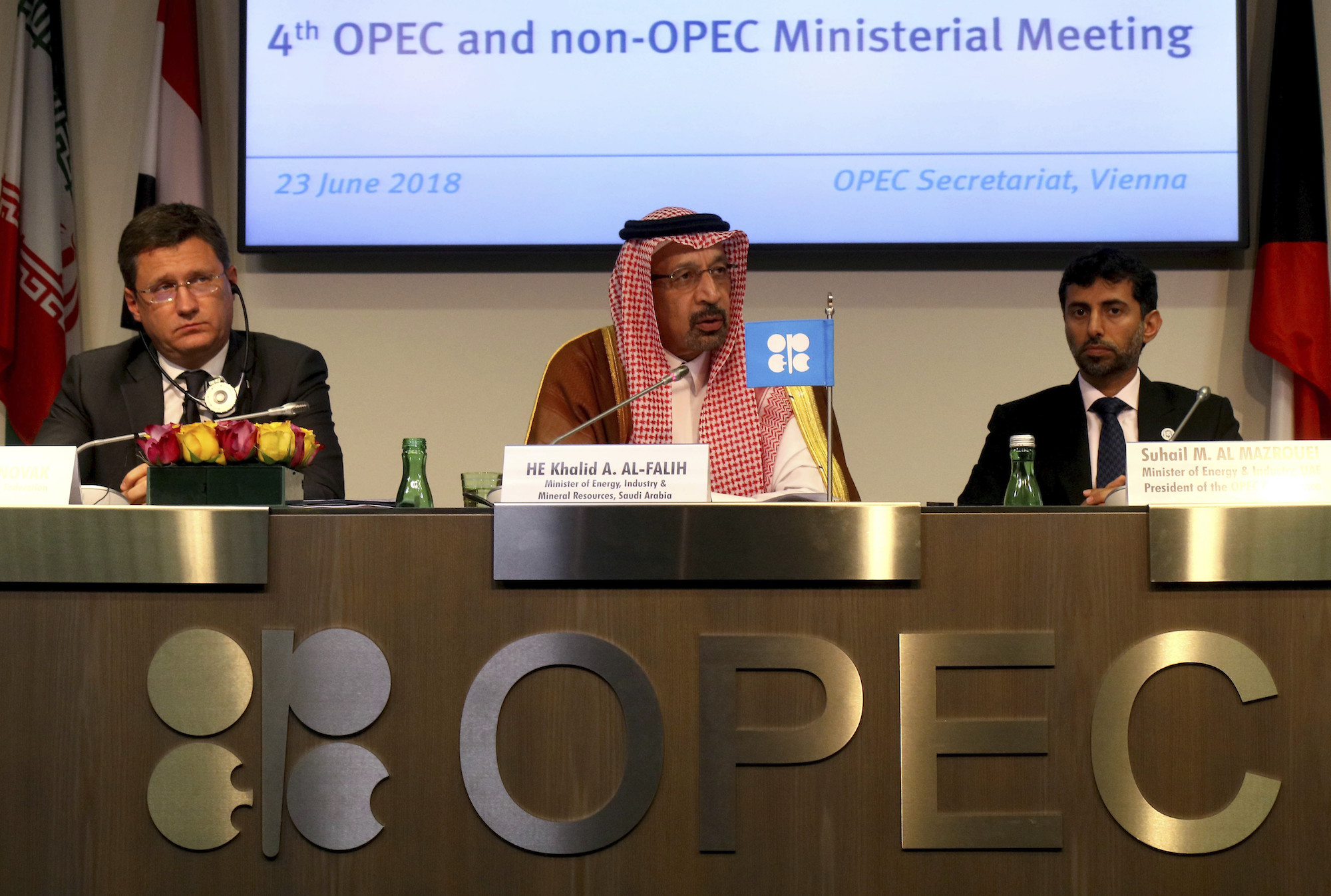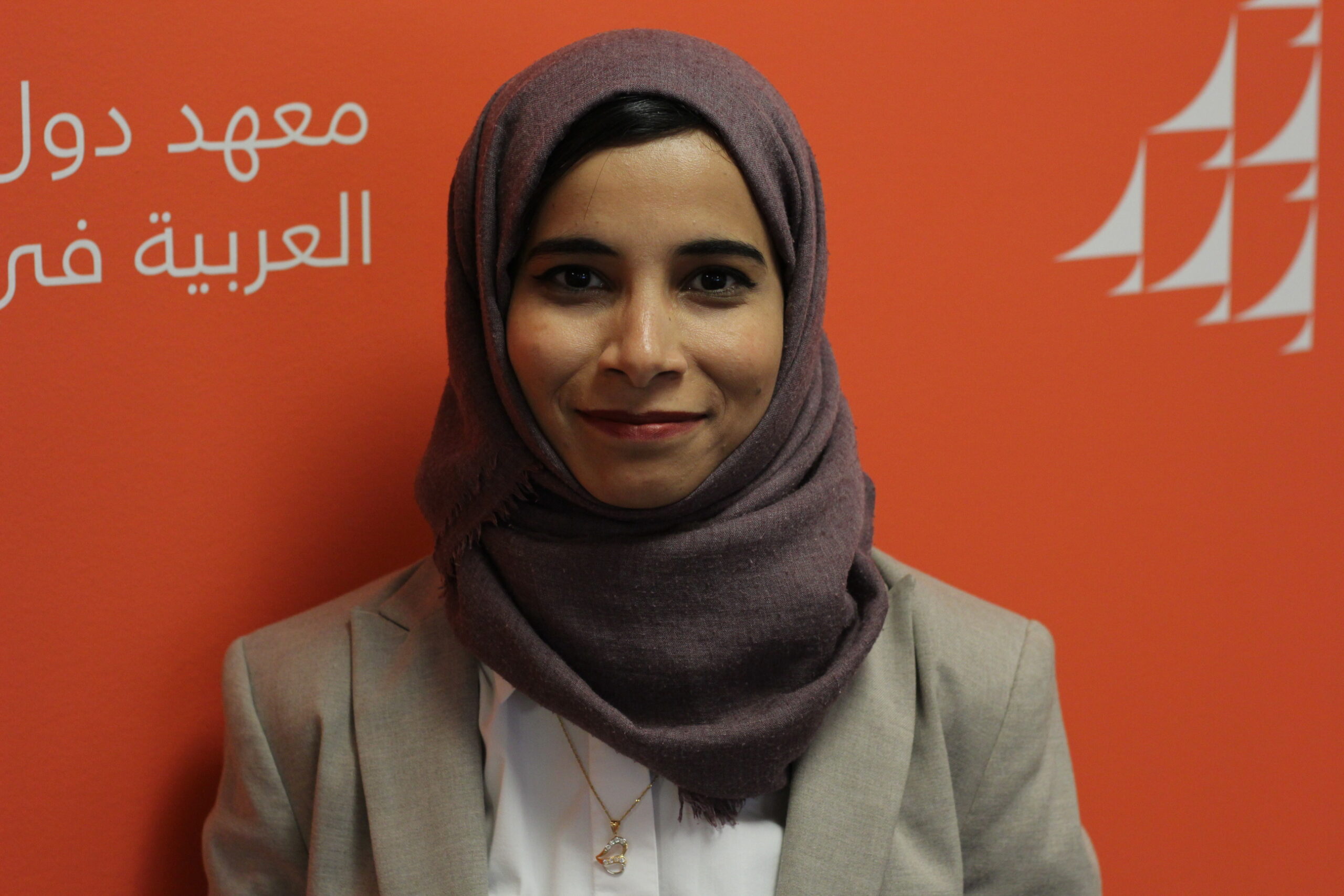Energy
Oct 24, 2018
How Can Carbon Pricing Support Economic Diversification in the Arab Gulf States?
The Gulf states are in many ways among the most vulnerable to the effects of climate change. Carbon pricing could be a useful tool to meet emissions reduction goals and hence reduce the adverse climate impacts on the region, while at the same time presenting opportunities for economic diversification.
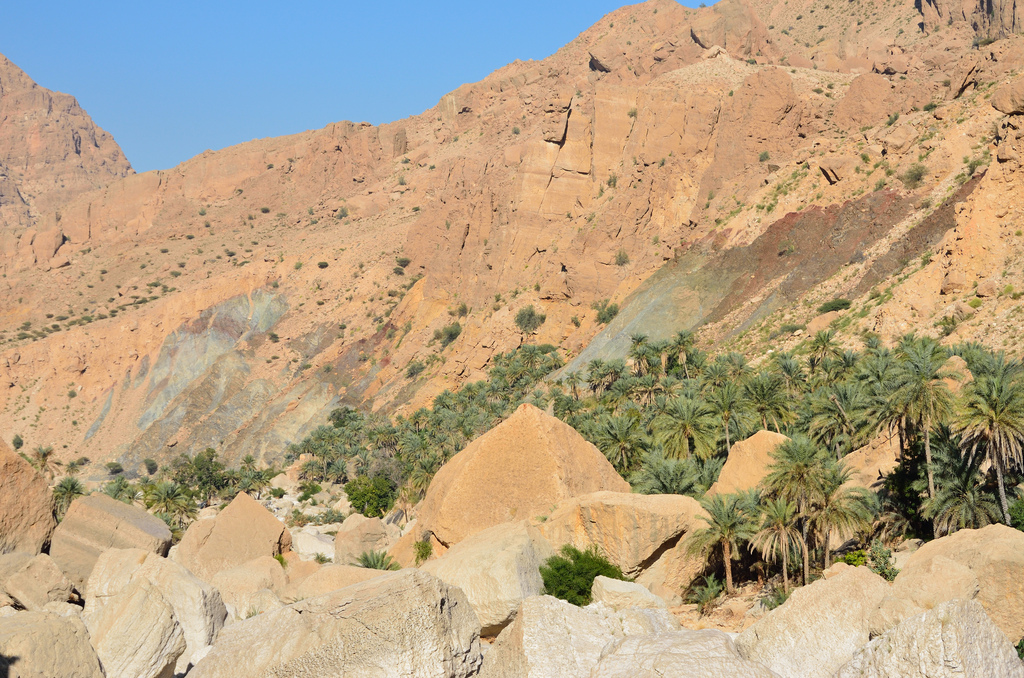
Oct 22, 2018
Khashoggi Death Looms over Saudi Economic Reform Agenda
While pursuing long-term economic reform and diversification, Saudi Arabia needs to show that the kingdom is an attractive, business-friendly place; yet recent moves have worried investors over the business environment, and raised some concerns over the impact on oil policy.
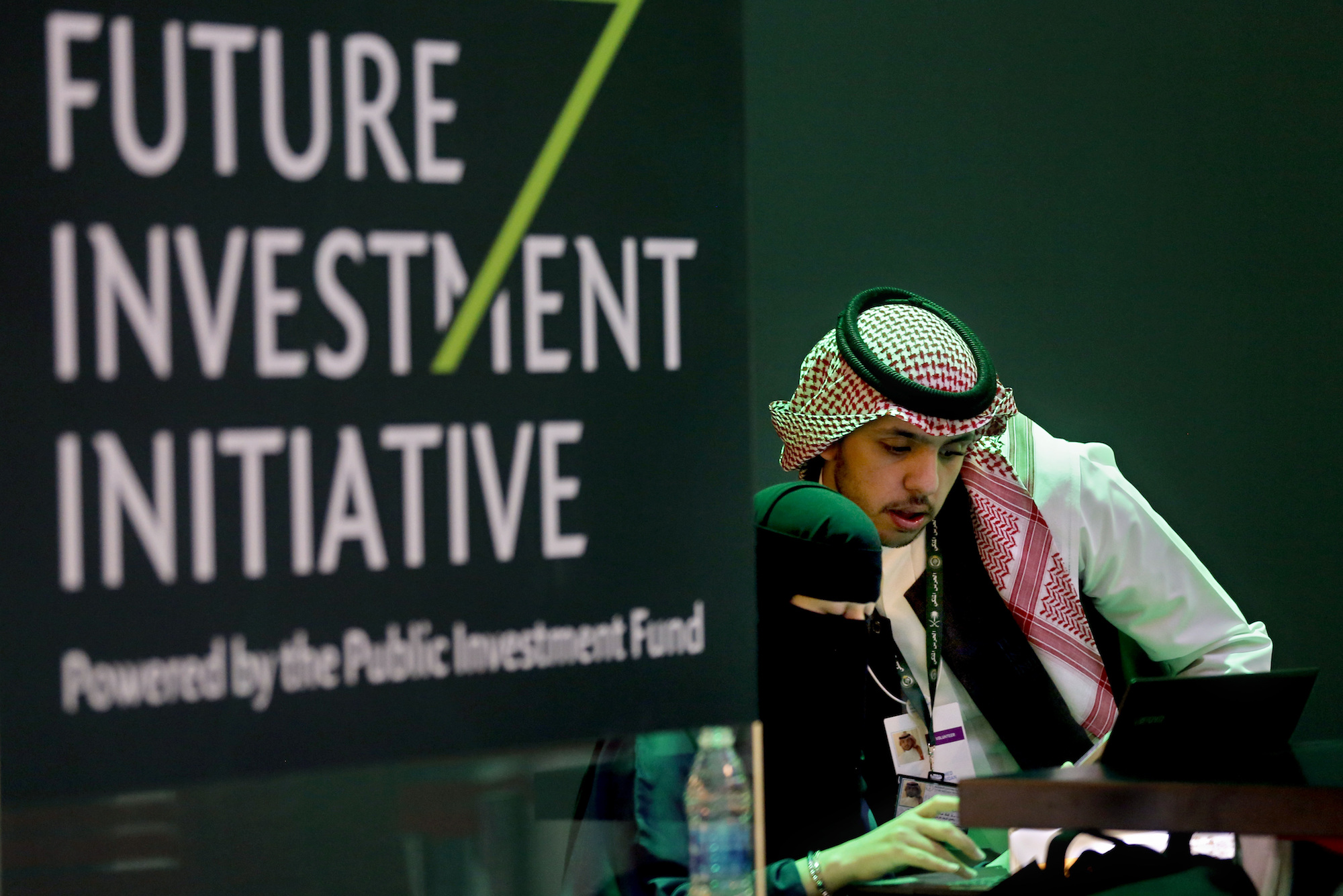
Oct 22, 2018
Petro Diplomacy: Back to the Future – Oil and Gas at the Center of New Growth in the GCC States
For its fourth consecutive year, AGSIW convened its Petro Diplomacy conference to discuss how changes in technology, fiscal priorities, and opportunities for growth continue to alter the relationship between politics and energy for the region and beyond.
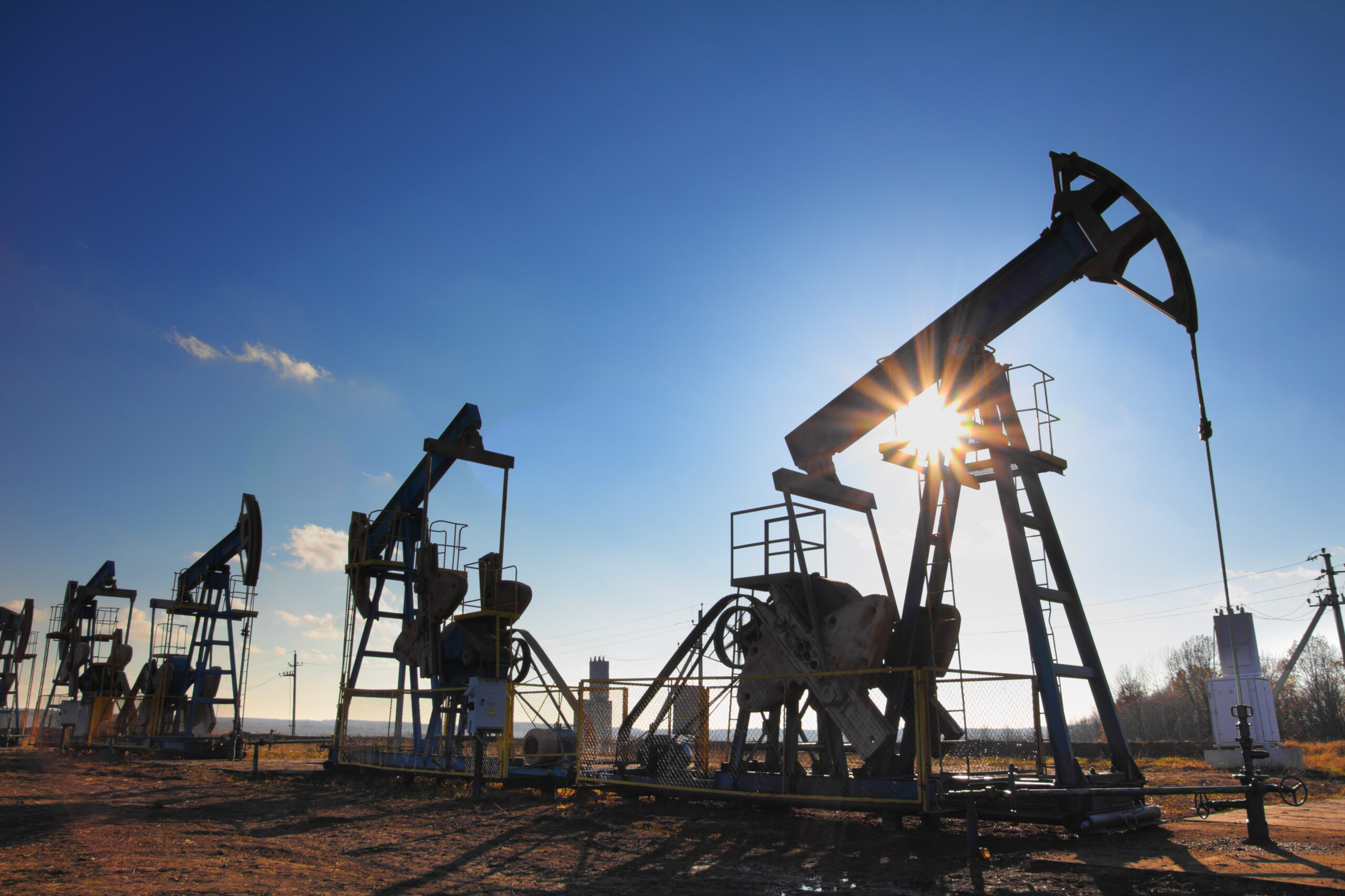
Oct 9, 2018
Saudi Arabia Shelves SoftBank Solar Effort, Reflecting Challenges with Megaprojects
Saudi Arabia’s decision to delay a $200 billion solar power project with Japan’s SoftBank casts doubt on the future of the kingdom’s solar energy initiative.
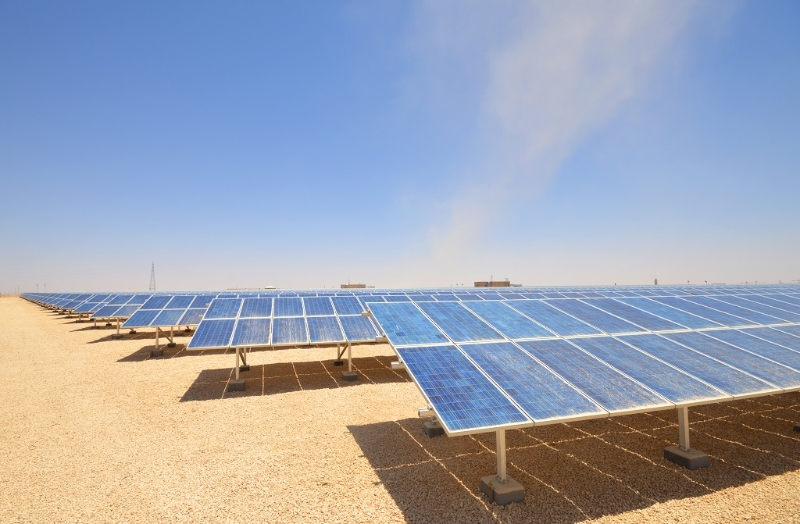
Oct 3, 2018
Facing the Dual Challenge of Energy Security and Climate Change: The Oman Example
To meet the dual challenge of energy security and climate change, the Gulf Arab states need a holistic understanding of energy systems when planning an advantageous energy mix.

Aug 24, 2018
Visions of Change
AGSIW’s Visions of Change series examines how the Gulf Arab countries are addressing reduced hydrocarbon revenue and responding to pressures to liberalize their economies. This series engages how these efforts are unfolding across the region, by sector and country, to underline the challenges, opportunities, and risks of innovation and economic change.
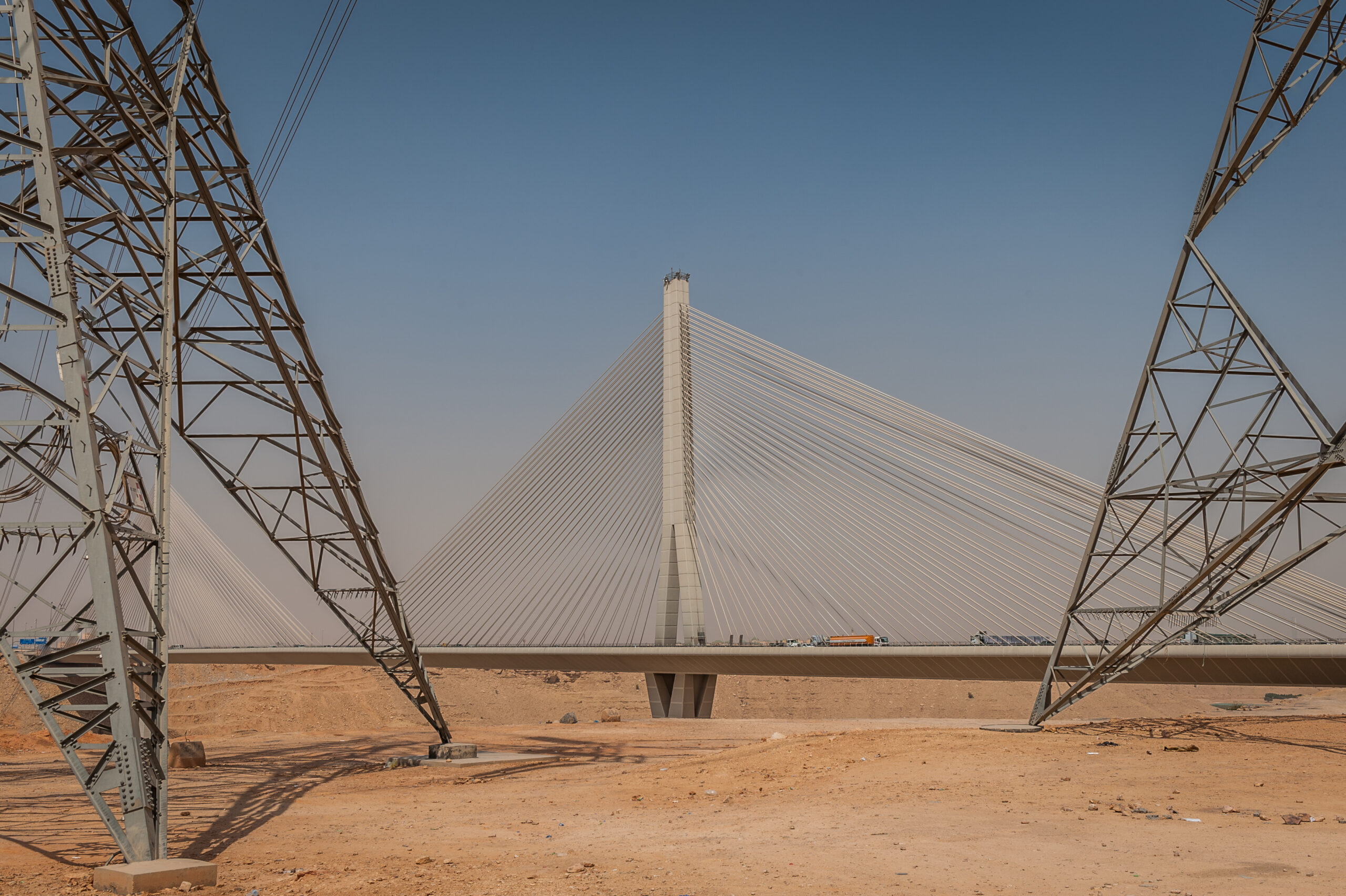
Aug 20, 2018
Iran Sanctions Add Uncertainty to Shaky Oil Market
The U.S. decision to abandon the nuclear deal with Iran is bad news for crude oil importers, good news for exporters, and complicated news for those with more entwined relations with Tehran. It injects another element of uncertainty into a market already puzzling over Venezuela, OPEC, trade wars, and interest rates.
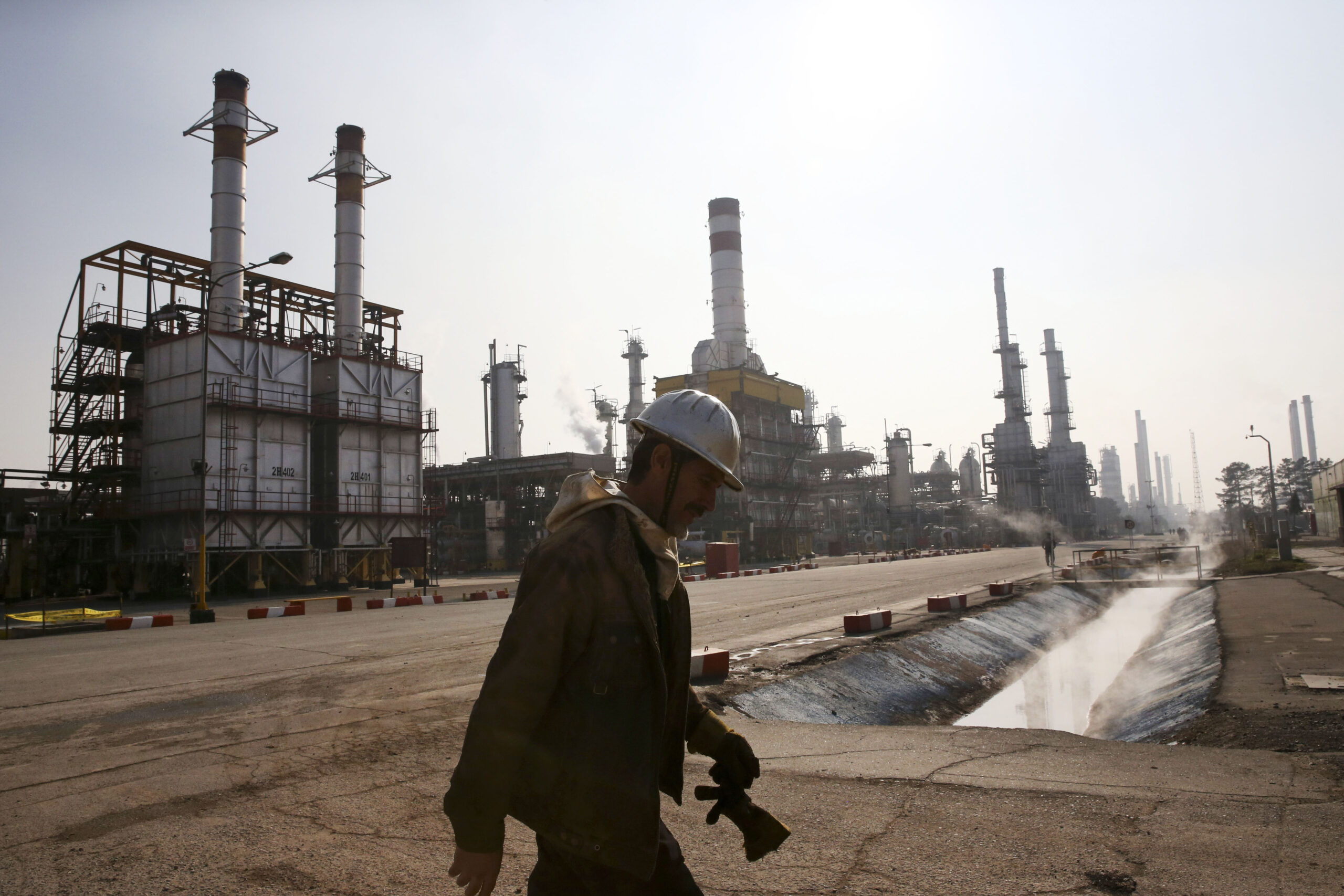
Jun 25, 2018
Oil Producers Agree to Increase Supply, for Now
Mana al-Otaiba, former oil minister of the United Arab Emirates, shared a poem with OPEC at its Vienna meeting last week. It concluded, “By controlling the tap of your crude oil, you sufficed us and satisfied our needs.” The deal reached on June 22 satisfies the needs of the key players – in and outside...
